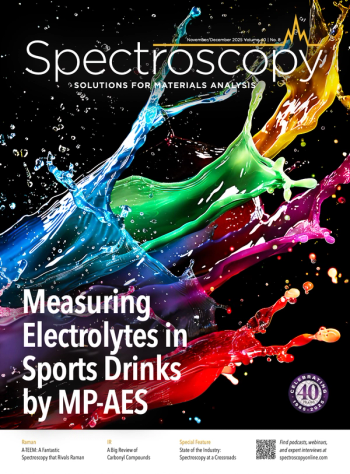
Rigaku and the University of Tokyo Establish Collaboration Center Focused on X-ray Diffraction
Rigaku (The Woodlands, Texas) and the University of Tokyo (Tokyo, Japan) held a ceremony on January 25, 2012 to celebrate the establishment of an Industry-Academia Collaboration Center at the university.
Rigaku (The Woodlands, Texas) and the University of Tokyo (Tokyo, Japan) held a ceremony on January 25, 2012 to celebrate the establishment of an Industry-Academia Collaboration Center at the university. The ceremony, originally scheduled for August of 2011, was postponed in the wake of Japan’s devastating earthquake. The center was established in April 2011 between Rigaku and the Institute of Engineering Innovation in the School of Engineering at the university.
The purpose of the center is to further establish X-ray diffraction as a leading measurement technology by putting the latest technology in the hands of academic researchers. The Institute of Engineering Innovations pursues research in the design and characterization of new materials and uses a variety of X-ray techniques in analyzing the correlation between atomic level structure and functional characteristics. As part of the collaboration, Rigaku has installed two of its diffractometers in the center—one configured for thin film analysis, and one configured for extreme high resolution measurements.
The Industry-Academia Collaboration Center aims to foster education in the area of nanotechnology by giving students and researchers state-of-the-art instrumentation, and providing these resources not only to researchers at the University of Tokyo, but also allowing researchers throughout Asia and the world to use the new technology.
Newsletter
Get essential updates on the latest spectroscopy technologies, regulatory standards, and best practices—subscribe today to Spectroscopy.



